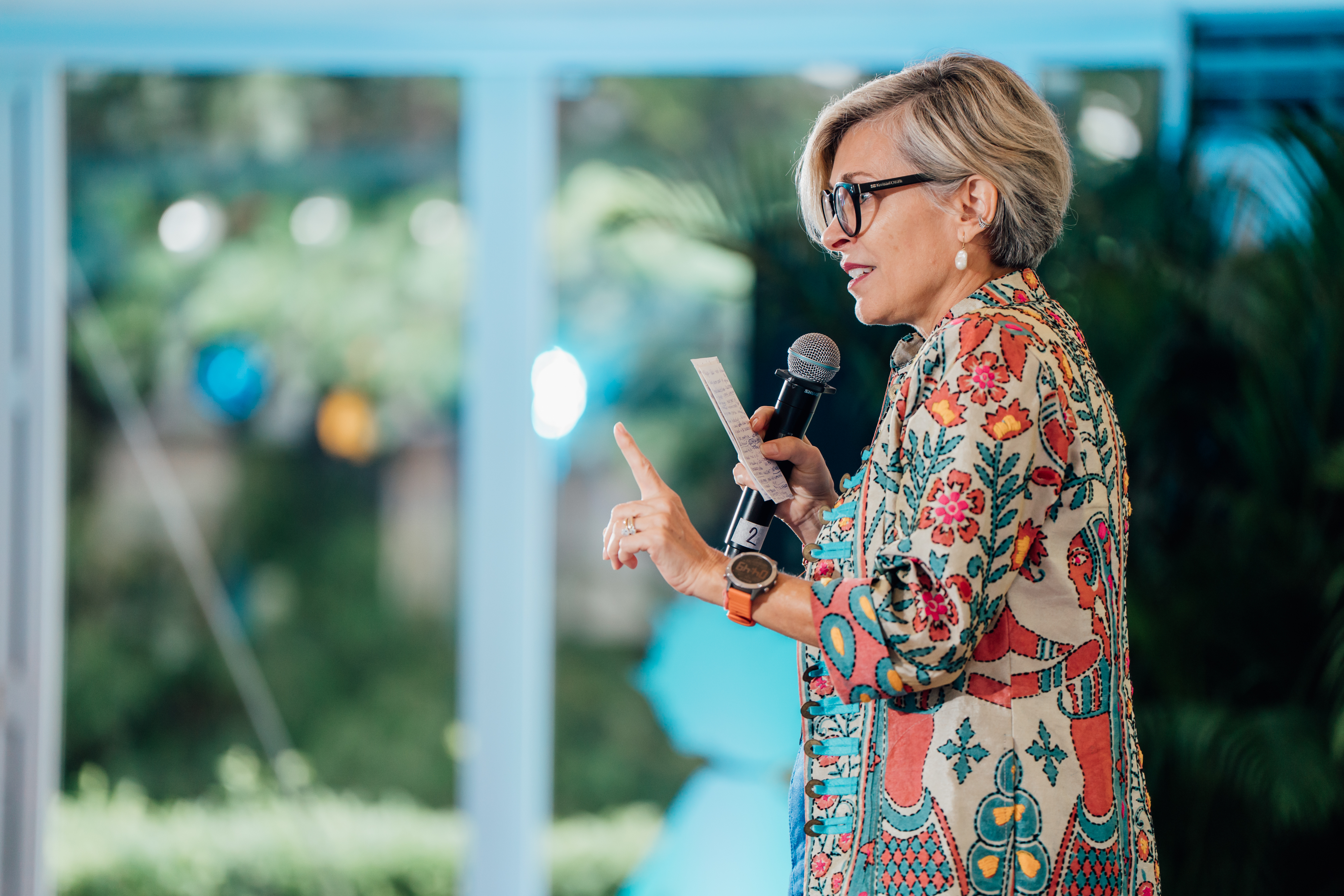Stress, anxiety, burnout… According to the latest figures (January 2025) published by Ipsos, nearly one in four employees reports poor mental health. So how can we protect not only our own wellbeing but also that of our colleagues? We turned to two experts for answers: Tal Ben-Shahar, writer, lecturer, and speaker for the EVE Program on Positive Psychology, and Nicolas Magnant, director of the Alterhego, a consultancy firm focused on preventing psychosocial risks and the enhancing quality of life at work. We take a closer look.
The importance of recovery
Modern working life, and society in general, is geared toward constant acceleration. More, faster, sooner. “But our bodies are not designed to be kept under pressure for long periods of time,” says Tal Ben-Shahar. What we are sorely lacking today is recovery time. “Think about strength training. We build muscle not just through exertion, but during recovery, between sets, between workouts,” he explains. “The same goes for stress. Whether it comes from the gym or from the office, we should also have time to recover. We need time to decompress if we want to stay strong and healthy.” Progress requires rest, and so does our health.
Building healthy habits
How do we weave recovery into our day? “Start by taking 15-minute break every two hours,” advises Tal Ben-Shahar. That might mean going for a walk, doing some meditation, or having a coffee with colleagues or friends.” Whatever helps you disconnect, even briefly. Then there’s exercise. “Just three 30-minute aerobic sessions a week have the same impact on our mental health as the most powerful psychotropic medications,” continues the expert. “The science is clear. Movement boosts mood by releasing feel-good hormones.” Finally, good quality sleep is absolutely essential for the mind and body to recover from stress. “The problem is that today, sleep is one of the first things we sacrifice,” says Nicolas Magnant.
Start by listening to yourself, and others
Self-care starts with self-awareness. “We need to relearn how to listen to ourselves. Not manage our emotions, as we often hear, but to recognize them. To pay attention to the signals that our body and mind are sending us,” says Nicolas Magnant. Talking about and sharing how we feel can be powerful. “Because putting pain into words is an act of self-care in itself,” confirms the director of Alterhego. That’s how we prevent anger, sadness, and frustration from taking root, to stop them from taking hold in the body.
The specialist in psychosocial risk prevention also draws on the work of Carl Gustav Jung to underscore the benefits of this kind of listening; for yourself and for others. “You can’t go further with others than you’ve gone with yourself,” he says. “In other words, if you want to start understanding others, you must first develop your own sensitivity, and begin a process of self-understanding.”
Rethinking our relationship with health
It is no secret that the way we think about health is deeply shaped by our culture. “We glorify resistance, endurance, and self-sacrifice. Those images teach us to value our ability to push through pain,” observes Nicolas Magnant. But maybe it’s time to question that. “In ancient China, you would pay your doctor at the end of the year only if you stayed healthy,” he continues. What if we thought of health not as the absence of sickness, but as a state of good social, mental and physical wellbeing? “That shift in mindset would involve seeing healthcare not as a remedy for excess but as a practice, a means of cultivating health holistically every day,” encourages Nicolas Magnant. This alternative attitude to health is all the more interesting in his eyes because it is easier to maintain health than to repair damage once it’s done.
Creating a culture of co-vigilance
We all have a role to play in safeguarding each other’s wellbeing. “But companies should also be taking responsibility for creating environments where employees feel empowered to share their feelings, where dialogue can emerge safely,” says Nicolas Magnant. That means managers need to make space for real dialogue. Safe, structured conversations where emotions and concerns can be expressed freely. Because a true culture of co-vigilance doesn’t happen by accident. It needs framework. It needs trust. And it brings real rewards. Opening these spaces also helps to create connections and therefore work towards improving everyone’s social health. “Because we are social animals, connection is an essential resource factor for employees’ quality of life,” concludes the director of Alterhego. And that generates feelings of support, motivation and recognition. “So let’s use it well,” he concludes.
Elise Assibat, for the EVE web magazine





